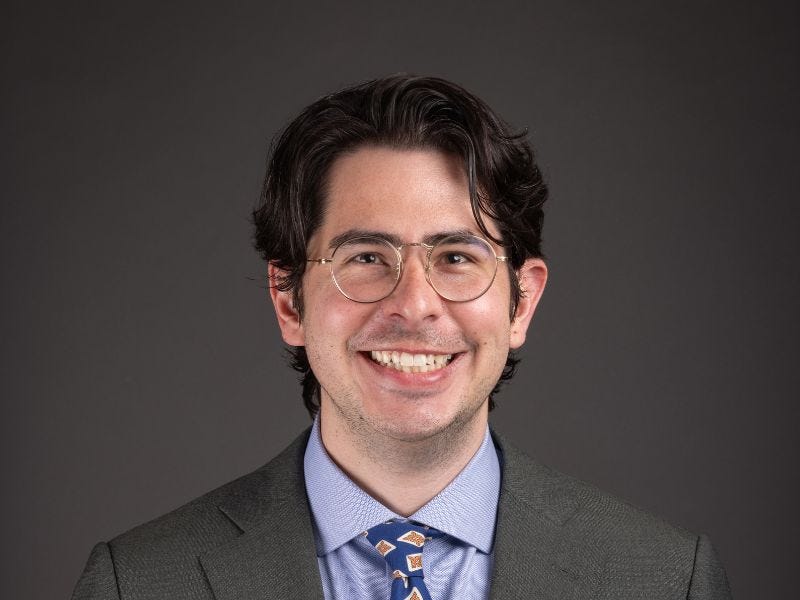The Cumberland County Board of Education is considering implementing a policy regarding the use of cell phones in schools, as a statewide ban moves closer to becoming law.
The idea was discussed during a June 23 board workshop at Fayetteville Technical Community College where the proposed policy was introduced.
At the state level, North Carolina legislators have proposed a ban on the use of cell phones during instructional time in public schools, with the legislation now headed for Gov. Josh Stein’s desk. Proponents of the state legislation have cited concerns about increased cyberbullying, distractions and mental health impacts that unfettered access to cell phones can cause in students.
The governor is expected to sign the bill into law, meaning North Carolina could become part of a small group of states that have implemented such restrictions in schools, Axios Raleigh reported.
What’s in the proposed policy?
Phones are allowed on all campuses but must be silenced during school hours, said Nick Sojka, the attorney for the Cumberland County Board of Education, who presented the draft policy.
Elementary, middle and high school students must store phones away between the morning and afternoon bells, according to the policy. The phones must be “out of sight” during instructional time, which could mean being stored in a locker or backpack.
At the middle and high school level, the policy states that “instructional time” excludes the periods between classes or at lunch.
There are exceptions to the policy. For example, school staff can allow the brief use of a phone if there is “a reasonable and legitimate need to communicate with someone off campus,” though students must seek permission in advance.
A violation of the policy will result in the seizure of the phone or electronic device if students does not immediately follow directives in the policy; if repeated violations occur after the student and parent or guardian have been informed that future incidents can lead to the seizure of the phone or device; or if use of the device “substantially disrupts” instructional time.
Devices are returned to the student at the end of the class or period when it was in use, or at the end of the day, at the discretion of school administrators, according to the policy. If violations continue and a phone is seized, administrators can require parents to come to the school and pick it up.
Educators provide feedback
At the board workshop, Sojka included feedback from anonymous educators about the policy regarding what aspects they liked and what drew concern.
“I feel that the policy is needed and beneficial,” one individual wrote. “All components of the policy are clear and easy to follow and implement.”
Another asked about implementing a “uniform consequence policy,” rather than abiding by administrative discretion in each school. “For example, after three unauthorized uses, students will receive (in-school suspension) or have the phone confiscated until the end of the day,” the educator proposed.
Another person suggested establishing “zones” for phone use in cafeterias, classes, hallways and restrooms.
One high school administrator said they agreed that cell phone usage can be distracting to students during instructional time, but didn’t feel that the devices should be stored away all day.
“At our school, what has worked for the past few years is allowing students to have their phones out during class change as well as at lunch. This has actually cut down on the phone infractions in the classroom by allowing students to be responsible young adults and check their messages and notifications during their free time.
“Part of being responsible and preparing students for life is teaching them the expectations of the real world,” the administrator wrote. “There are very few instances in the real world where adults do not have access to their phone. Times have changed, and if we are willing to work with the students, they are willing to work with us.”
Board Chair Deanna Jones said she is hopeful that the policy will help to allay parental concerns and complaints.
In some cases, Sojka said phones and devices could be used for instructional purposes.
Board member Jackie Warner, a former teacher and principal in the Cumberland County Schools, said such uses could present a different problem among students of varying socioeconomic statuses who may not have a cell phone.
“One thing is very relevant for middle and high schools … There are very few cell phones in some schools [in the district],” she said. “It’s just a concern I have.”
Teachers will have to adjust as needed, outgoing CCS Superintendent Marvin Connelly said.
“We just have to count on teachers to use common sense if all students don’t have a device for instruction,” he said.
No action was taken.


